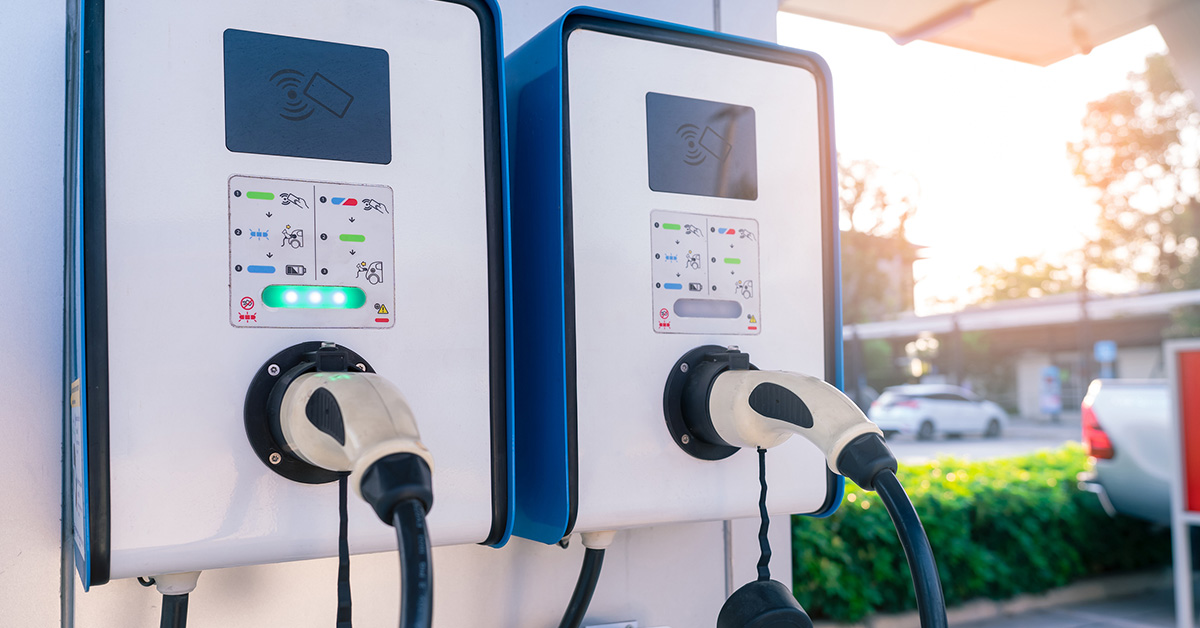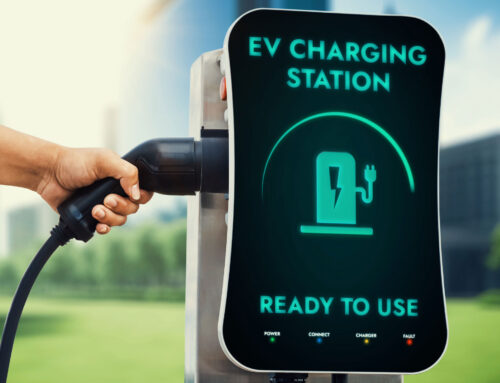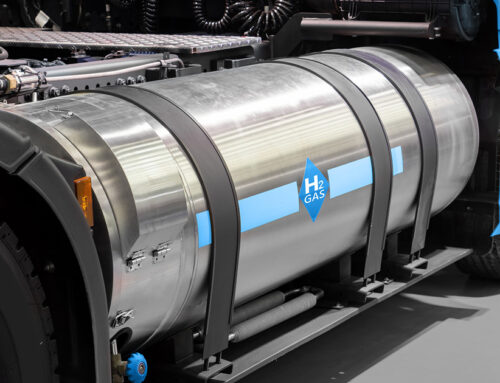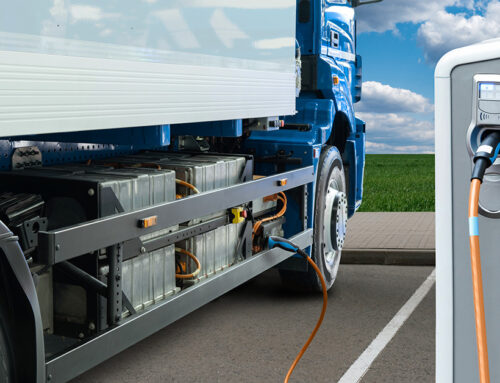As a followup to last month’s blog post about electric vehicles in the trucking industry, let’s talk about independent gas stations. Last year, The Wall Street Journal estimated it will cost gas station owners more than $100,000 to install electric vehicle chargers. The price tag of installation isn’t the only disruption to a gas station’s daily operations. Some locations will need to rip up concrete and lay conduit prior to installation. Is it even worth it?
Despite how much that amount will mean a big hit for small fuel retailers, electric vehicle charging units represent a critical long-term investment. Without it, zero-emissions passenger drivers will cruise right past your gas station to a larger franchise. Here’s what to expect from the push to make electric charging more readily available and how your business can prepare.
What’s On the Horizon:
A Half Million Electric Vehicle Chargers By 2030
Last summer, President Biden signed an executive order to make half of new vehicles sold in 2030 zero-emissions vehicles. To keep those vehicles on the road, the administration is estimating that there will need to be approximately a half million public vehicle stations installed across the country.
However, a McKinsey & Company report predicts this is an undershot. “In a scenario in which half of all vehicles sold are zero-emission vehicles (ZEVs) by 2030—in line with federal targets—we estimate that America would require 1.2 million public EV chargers and 28 million private EV chargers by that year,” the report outlines.
The electricity purchased at one of the charging stations, McKinsey & Company writes, will cost 5 to 10 times more than electricity at a private station. In order to get there, charging stations would need to be “economical,” “appealing to use,” “equitably distributed,” and connected to a “robust power grid.”
Big Oil Saw This Coming
Even prior to the Biden administration’s ambitious decision, major oil companies, Royal Dutch Shell and BP, entered the electric charging unit market.
BP acquired Chargemaster, Great Britain’s largest electric charging network, in 2018. The result was BP Pulse, which provides 9,000 public chargers in the UK.
Shell’s position is even more aggressive. It purchased New Moon and Greenlots, Europe-based and U.S.-based electric charging infrastructure companies, in 2017 and 2019, respectively.
3 Steps to Prepare Your Gas Station for Electric Vehicle Charging
Boston Consulting Group offers three recommendations for fuel retailers needing to ease into the installation of electric vehicle charging stations.
- Refocus your attention on non-fuel offerings for your customers. Currently, your business has been primarily focused on providing fuel, servicing vehicles, and offering other vehicle-related services. Instead of your business model being oriented to the vehicle experience, BCG recommends shifting it to the customer experience. This is a great opportunity to invest in creating or revitalizing a convenience store at your gas station.
- Improve the customer fueling experience by offering rewards programs, digital payment options, promotional deals, and alternative fuels.
- Build partnerships with electric vehicle charging infrastructure companies and local governments in order to leverage incentives that might offset the cost of installation. The National Conference of State Legislatures has produced a list of states with electric vehicle charging station incentives. Companies like ChargePoint work with gas station owners to price out and install electric vehicle charging stations at their locations.
Financial Fuel Services Can Help. Schedule Your Consultation Today.
The team at Financial Fuel Services guides fuel retailers through the difficulties of an ever-changing industry. Learn more about what we can do for your business; schedule your consultation with us today.






